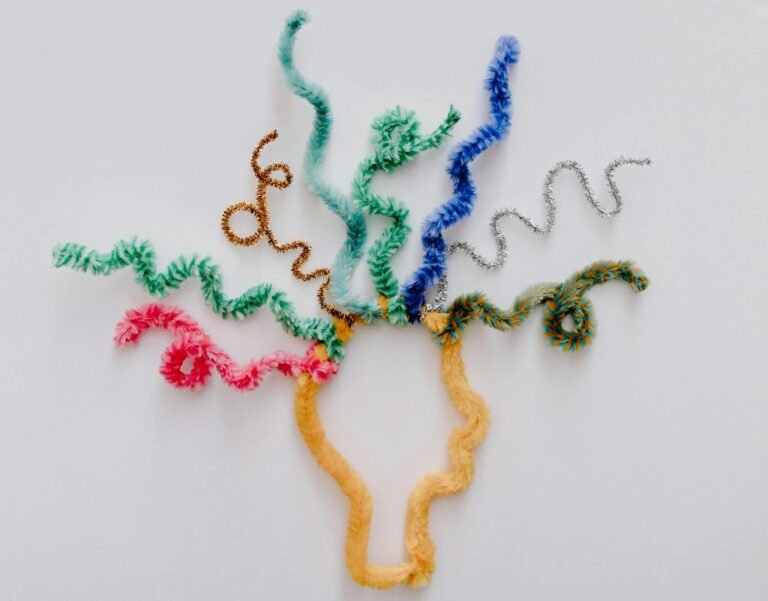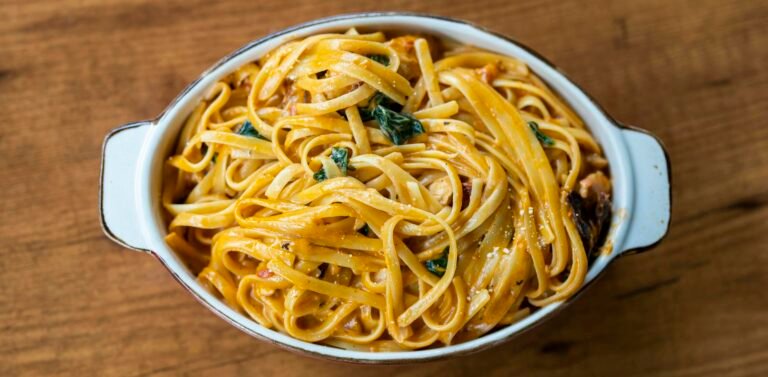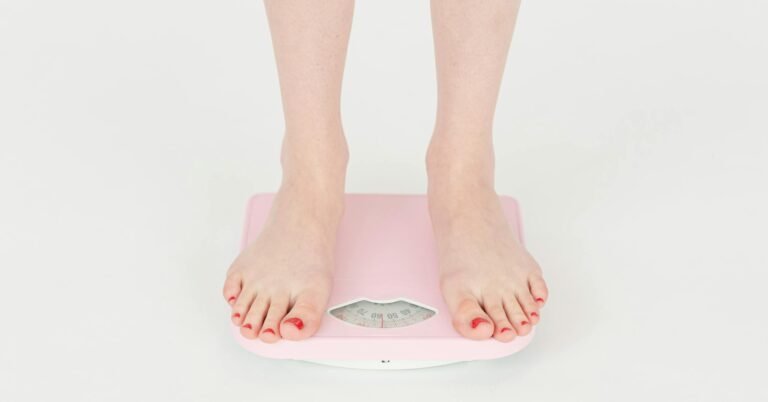I’d like to share some personal experience that, in hindsight, seems rather remarkable, but my hope is that it may help you in some way on your own journey. I have been searching for science-based answers, the “why,” but I haven’t found something definitive and conclusive. I’m hoping that this may help you with losing weight by changing your metabolism.

Related: 6 Ways To Lose Weight Without Counting Calories
Part of what I will share is personal, but I promise you that if you don’t care for any of that, there is tangible value you will gain. I never really enjoyed jogging or running, even though in elementary school, I used to run everyday after school. As I progressed to high school, I was always more interested in, and better, at lifting weights and building strength.
Several years ago, largely due to influence from a friend of mine at the time who enjoyed running, I started jogging, perhaps every alternate day for about 3 miles (~5 km). To give you some context, in high school, I always held on to more body fat, and always felt that even without overeating, I was heavier (not fat, nor obese). It had always been relatively easy for me to stay that way, to stay strong but never be quite as lean as I’d have liked.
When I started jogging regularly, I wasn’t doing it with any goal in mind. I just did it for the sake of doing it. And then it became routine. As I broke through the initial, fairly difficult stages where my cardiovascular fitness was relatively low, I began to increasingly enjoy my runs. I looked forward to being out, and running alongside the same flowing body of water, rain, snow or shine. I never really tired of running the same route – I could think, or completely zone out, I could appreciate how different the “experience” was in each season, from spring, to summer, to fall, to winter, and how I enjoyed different things about the experience in each season.

I wasn’t lifting weights or being particularly careful about my diet during this time, as I was doing my Master’s, and jogging was my contribution to maintaining some degree of fitness, even if my diet was somewhat imperfect. What eventually happened is that I lost an incredible amount of weight.
This included a reasonable amount of fat, but also included muscle, which makes sense, since I wasn’t resistance training nor was I consuming sufficient protein to retain lean mass. As I said, I wasn’t obese to begin with, and probably had around 22-24% body fat. Eventually, I stabilized probably around 16-17% body fat.

The curious part of this story isn’t that I lost weight. The interesting thing is that my metabolism underwent some fairly significant adaptations. I failed to realise this at the time, since as I mentioned, I wasn’t tracking anything at all except my running pace, which, in hindsight, was actually rather good. This became more apparent to me the following year, when I moved and didn’t really jog at all, nor did I do significant physical activity aside from getting in a reasonable amount of walking.
Again, I wasn’t watching my diet, and there were many occasions on which I consumed what seemed to me to be a significant amount of calories. Certainly more than I was routinely expending on average. Yet, despite all that, I didn’t gain weight. It seemed odd to be able to eat what I want and as much as I wanted and still not gain weight.
Almost a dream come true. Some people even said to me, “Oh, you’re young! That’s why you could eat whatever you want and get away with it.” But this couldn’t be true because at an older age, I was able to stay leaner more easily than I was ever able to manage at the age of 16.
So what could be the explanation for this? Am I some kind of miraculous exception to the laws of thermodynamics? The thought of that makes me smile, but obviously I am no such thing. Here’s what I think happened based on the alignment of my personal experience and whatever I have been able to find in scientific literature: my hunger signalling (appetite-regulating hormones) underwent some fundamental adaptations.

Since we are talking about a period of at least a couple of years, either my hunger decreased, potentially from lower ghrelin levels, and/or my sensitivity to leptin increased, as I never felt that I was depriving myself of food or that I was going hungry. I just ate what I wanted and stopped when I was full. There is research that seems to support this conclusion too.
Oddly enough, when I tried lifting weights like this, I found it tough. A lot tougher than I used to find it. I had to eat in a caloric surplus to really start building muscle and it took time initially. After lifting for a while, I found my metabolism slowly starting to revert back to it’s “old self.” I didn’t regain a bunch of fat, but I certainly found that my desire to eat went up in general.

So my definite conclusion from all this is that this change is certainly possible. I accidentally experienced what I think are two extremes, but personally, I enjoy running and lifting weights, so I’d like to find a way to balance those activities, not for the incredible synergistic benefits they have for the heart and muscles, but also for a healthy appetite.
So, what’s the takeaway here?
Firstly, I don’t believe that running is the only way to achieve this outcome, even though I found myself enjoying the process. If you enjoy cycling or swimming, feel free to try those out instead. Secondly, the process can take time. I wasn’t old when I started, and I can imagine that if you’re giving this a go in your mid-30s and you’re not particularly fit at the moment, it can take a little perseverance before you get there. My suggestion is find some kind of cardio you enjoy and do it regularly, at least 3 times a week. If you’d like to read more on this, check this out.
I do believe that a healthy amount of muscle mass is extremely important, irrespective of whether you’re a man or a woman, so I’d definitely incorporate some degree of strength training into your fitness plan, ideally at least twice a week. There’s new research coming out every week that shows more and more benefits of having muscle mass, from improving your metabolic flexibility to reducing the risk of virtually every kind of cancer.
If you don’t do some amount of resistance training, you do risk losing some of the muscle you currently have. If you can consume sufficient protein and really give this a fair shot, it could be really beneficial for changing your metabolism and appetite, and not just your weight loss goals.
If I were you, I’d have a rough idea of how many calories I consume in a day, not for the sake of counting calories, but for tracking how your hunger levels are evolving as you try this out for yourself. Worst case, you get fitter, feel more energetic, and lose some weight.
Thanks for reading and please feel free to share your experiences in the comments below!






